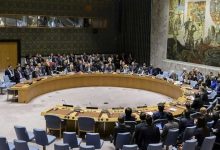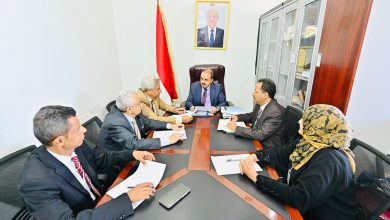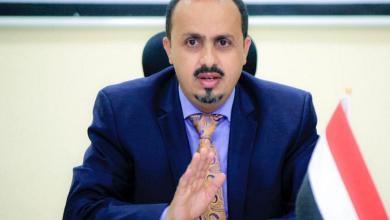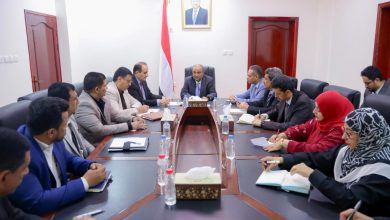The Minister of Information sends an important message to the international community, the UN, and its affiliated organizations.
UN Responsibility to Protect Local Staff in Conflict Zones Highlighted by Yemeni Minister
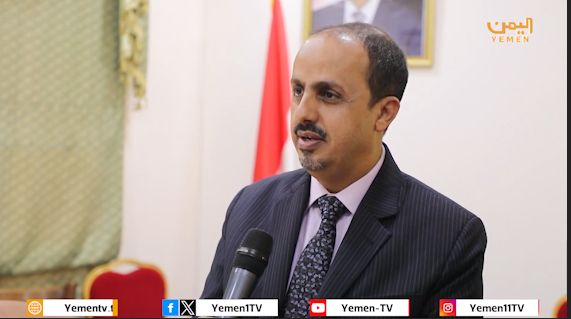
Yemeni Minister of Information, Culture, and Tourism, Muammar Al-Eryani, emphasized the United Nations’ legal obligation to protect its local staff in conflict areas. He urged immediate intervention in cases of detention or violations, stressing that failure to safeguard these employees undermines trust in humanitarian efforts and endangers lives and peace initiatives.
Ongoing Detentions in Yemen
In a recent press statement, Al-Eryani revealed that hundreds of UN employees and personnel from affiliated agencies, including the UN envoy’s office, remain in detention and under enforced disappearance in the Houthi-controlled capital, Sana’a. This situation has persisted since a wave of abductions began in early June, affecting numerous individuals, including three women.
Legal and Ethical Obligations of the UN
Al-Eryani pointed out that international laws and treaties impose a clear legal and moral responsibility on the UN and its agencies to protect local staff in conflict zones. This obligation is grounded in several legal frameworks, including the 1946 UN Convention on Privileges and Immunities, the 1949 Geneva Conventions, the 1994 UN Security Staff Safety Convention, and international human rights law.
Human Rights Violations and War Crimes
The minister highlighted the severe conditions faced by detainees, who have suffered for nearly five months without any serious efforts for their release. He declared that their continued detention and torture not only constitutes a war crime but also violates the principle of not using civilians as political leverage. This situation starkly contravenes international laws designed to protect civilians and humanitarian workers, reflecting the Houthis’ disregard for the dire humanitarian and economic conditions of citizens in their controlled areas.
International Community’s Inaction
Al-Eryani criticized the international community’s passive response to the Houthi’s arrest campaigns, suggesting that this inaction has emboldened the group to escalate its oppressive measures against international and humanitarian organizations. He noted that the Houthis have begun invading the offices and residences of these organizations, detaining staff en masse and accusing them of espionage, effectively using them as tools for propaganda and coercion.
Call for Strong International Response
Al-Eryani urged the international community, including the UN and its affiliated organizations, to take a firm stance against the Houthis. He called for the prosecution of Houthi leaders involved in violence and arbitrary detention through international courts for war crimes and crimes against humanity. He also demanded official reports to the UN Security Council, advocating for stringent actions against the perpetrators and ensuring the safety and rights of the abducted individuals.
Targeted Sanctions and Independent Investigations
The minister requested targeted sanctions against Houthi leaders responsible for abduction and torture, including asset freezes and travel bans. He called for strict UN oversight of the secret detention facilities operated by the Houthis and the establishment of an independent investigation committee to address abduction cases under UN auspices.
Relocation of UN Operations
Al-Eryani reiterated the need to relocate the main offices of the UN mission and all international agencies working in Yemen to the temporary capital, Aden, and other liberated areas. This move aims to ensure a safer environment for humanitarian operations and protect the lives of personnel involved.
The minister concluded that the international community must not ignore the suffering of UN employees and international organization staff engaged in humanitarian efforts. He warned that the absence of deterrence today poses a threat to the future of conflict regions worldwide.
This urgent appeal highlights the critical need for global action to safeguard humanitarian workers and uphold international law in conflict zones.
To follow the news in Arabic
Discover more from YEMEN TV ENGLISH
Subscribe to get the latest posts sent to your email.

